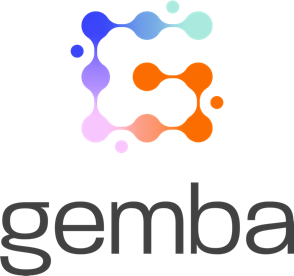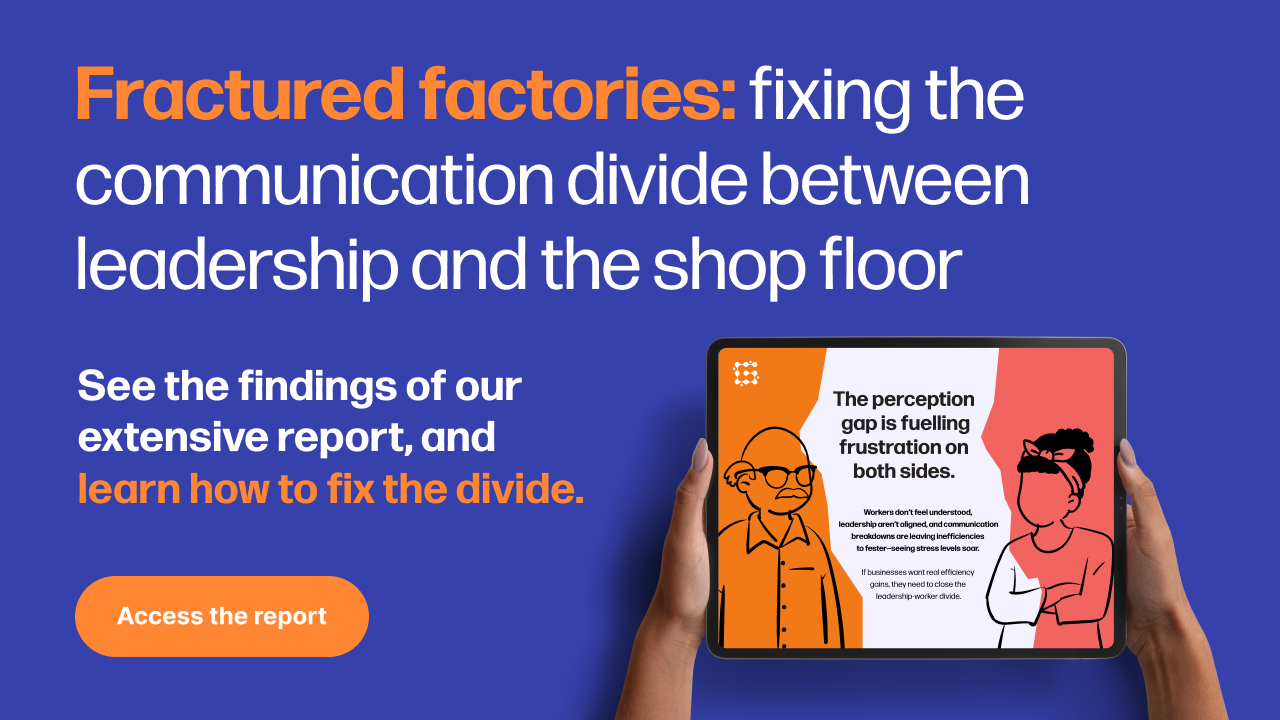And how does this apply to my organisation?
Simply put, digitalisation is the integration of technology to generate value, either for the business or the customer.
Many businesses are now making the transition in a bid to streamline the management and day-to-day running of operations.
The practice of using digital data is becoming increasingly more popular. This is having a huge impact on both the manufacturing and machine-building sectors.
How digitalisation can generate value

Digitalisation can change your business model to provide new value-producing opportunities.
It has the ability to significantly boost the efficiency of your organisation. Especially as the value-adding servitization business models are being enabled quickly with connected equipment and systems.
Value can be generated through digitalisation in many ways, including:
– Increasing efficiency
– Improving product and service quality
– Reducing complexity
– Saving time
– Reducing operational costs
– Preventing cases of human error
Using digitalisation to empower your organisation

Digitalisation allows you to visualise data – not just displaying the numbers.
This enables you to communicate the findings and insight gained more effectively to your team which in turn, can allow for more informed decisions to be made.
What’s more, presenting a representation of the data graphically that has clear meaning and relevance is essential to making these decisions.
Gemba’s connect system integrates and facilities these transactions by processing data locally in real time, replacing the non value adding repetitive processes and enabling more targeted work.
How digitalisation can reduce human error

Removing the possibility of human errors from manual processes and automating these transactions is creating real tangible benefits to manufacturers, avoiding reworking finished product or even product recalls.
Businesses that harness the latest technology can minimise the likelihood and severity of mistakes. Eradicating these errors can also lead to a more efficient and safe workplace.
An example of how digitalisation can improve quality assurance is where manually entered product expiry dates into a labelling machine can introduce errors. Data may be immediately transferred from the order schedule direct to the printers, automatically updating the date of expiration when a product change is confirmed. This data can then be used to update the vision system and verify correct expiry dates, ensuring the correct label type is present on every on product in real -time.
Driving decisions with data
Having digital tools offers little benefit unless you apply them to value-generating practices or use them to replace non-value-adding repetitive processes.
We provide access to data that has a real impact on our client’s businesses, we also help them use this data to enable informed decision making and sustainably improve production.





